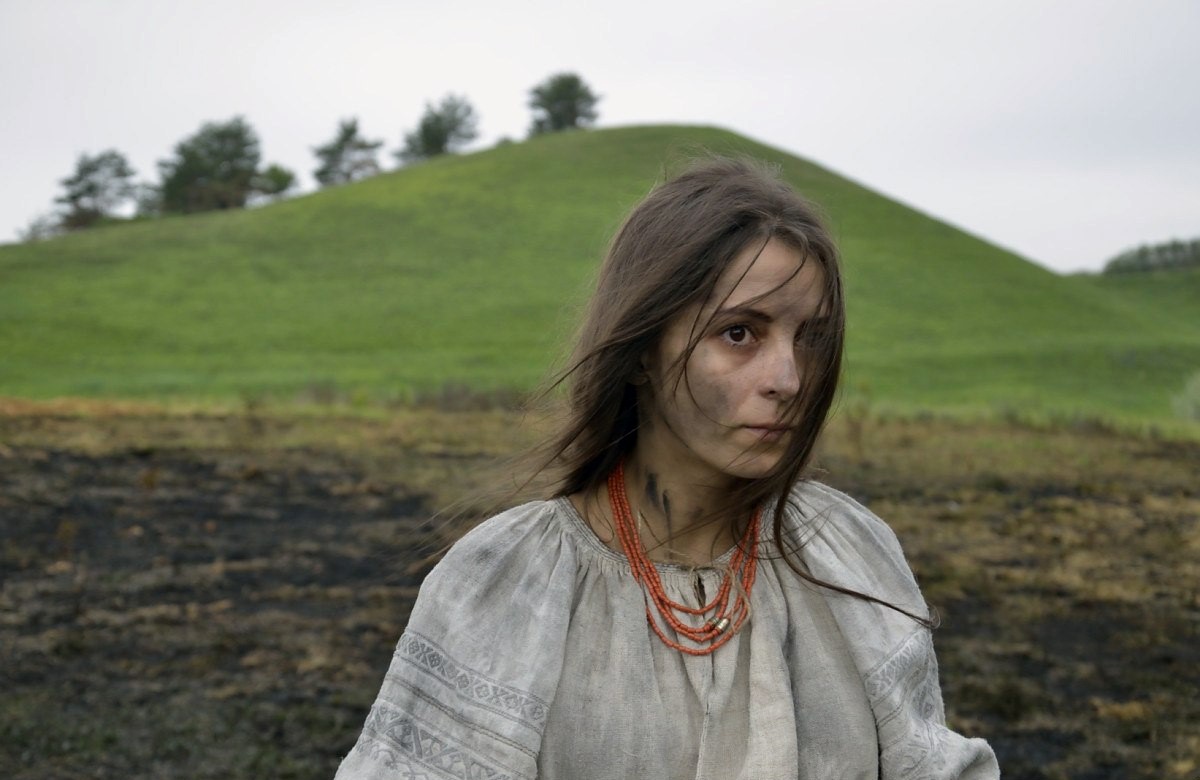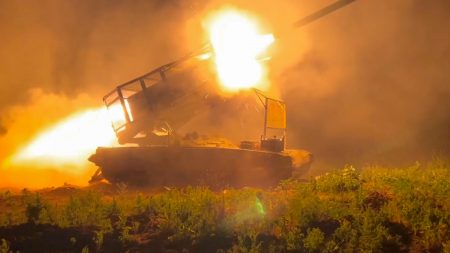The poem of the national poet of Ukraine Taras Shevchenko “That hut of Katarina on the hill” functions as a parable in the poetic fiction film of the Ukrainian director Mikhail Ilyenko “Toloka” which tomorrow, Thursday, March 17, will be screened at the festival in Thessaloniki that is taking place in the city.
The screening of “Toloka” will take place at 12:00, in the John Cassavetes Hall with M. Ilyenko present, who in fact fled Kyiv a few days ago, in order to escape the horror of war.
Going through the history of Ukraine and recreating the dramatic, tragic and heroic events that shook the country, the experienced director created a dreamy wandering, with elements of magical realism, mapping a path of redemption for the central heroine, Katerina: every challenge, every catastrophic historical event leaves Katarina homeless but she is stubborn and refuses to give up. Just like her country and countless generations of Ukrainians, every time she receives a blow she gets up and starts from scratch.
The very next day, Friday 18 March in the same room at 12.00 noon, the festival in an effort to understand in its own way the huge issue of Ukraine, also scheduled the screening of his documentary “The Great Utopia” Fotos Lambrinos.
A close friend and fellow student of Ilienko at the Moscow Film Institute in the 1960s, Lambrinos focuses here on the period 1917-1934 in Soviet history, bringing to light unknown aspects of the greatest utopia known to mankind in the 20th century.
All these last-minute moves prove how effective the reflexes of the Thessaloniki Documentary Festival are, which, we recall, shortly before its start last Thursday, March 10, had put in its program three documentaries that remind us that the place where the nightmare of war is raging now, people have been living in trenches for years.
These are the films “Trenches” by the French war correspondent Loop Biro, “House of Fragments” by the Danish director Simon Lereng Wilmond and “F @ ck this Job” by Vera Kritsevskaya, which refers to the small channel Dozhd TV, an independent voice in the suffocating journalistic landscape of Vladimir Putin’s Russia.



